The Convention on the Elimination of All Forms of Discrimination against Women (CEDAW) was adopted by the United Nations in 1979 and entered into force in 1981. Australia joined the convention in 1980.
By joining CEDAW, Australia commits to becoming a society that promotes policies, laws, institutions, structures and attitudes that ensure women are guaranteed the same rights as men.
[caption id="attachment_565154" align="alignnone" width="600"] Australia actively ensures equal rights for women under the CEDAW Convention. (Photo: Shutterstock)[/caption]
Australia actively ensures equal rights for women under the CEDAW Convention. (Photo: Shutterstock)[/caption]The rights listed in CEDAW cover many aspects of women's lives and relate to the right to participate in politics , health, education, employment, housing, marriage, family relations and equality before the law.
Measures to implement the convention include amending existing laws, regulations, customs and practices that discriminate against women and adopting gender-sensitive laws and policies. Under CEDAW, governments also have a responsibility to ensure that citizens and private entities do not discriminate against women.
Around the world , some countries have chosen to make reservations when they sign a convention. This allows a country to accept part of the convention but not be bound by its terms. Countries can withdraw reservations at any time, and the United Nations and other human rights organizations regularly recommend that countries do so.
Accordingly, Australia has made two reservations to CEDAW relating to women in the armed forces and provisions on paid maternity leave.
Since 2009, Australia has signed the Optional Protocol to CEDAW. The Protocol allows individuals to contact the CEDAW Committee about alleged violations of rights under CEDAW. At the same time, through the Protocol, the CEDAW Committee has the power to investigate complaints of serious or systematic violations.
Australia's Sex Discrimination Act
Since signing CEDAW, Australia has enacted a number of mechanisms to implement the rights set out in the Convention. The Sex Discrimination Act 1984 (SDA) is one of the most important.
The SDA is a federal law prohibiting sex discrimination in Australia, passed in 1984 and applicable to many agencies under CEDAW.
With a mandate to promote gender equality, SDA is a Sex Discrimination Commissioner, one of seven commissioners of Australia's national human rights body, the Australian Human Rights Commission.
The role of the commissioner includes dealing with complaints of unlawful discrimination under the SDA, conducting research, education programmes, advising the government and working with employers to promote gender equality.
The body is also responsible for conducting public inquiries into matters of national importance, providing independent advisory opinions, assisting the judiciary in human rights cases, and advising parliament and government on the development of laws, programmes and policies.
All states and territories in Australia also have anti-discrimination laws that prohibit sex discrimination. These laws are administered by equality or anti-discrimination agencies in each state.
The Australian Government works with state and territory governments to prepare regular reports to the CEDAW Committee on the implementation of CEDAW in Australia.
During 2008–2009, a range of NGOs involved in both human rights and women's issues collaborated to produce an NGO report and an Aboriginal and Torres Strait Islander Women's Report.
[caption id="attachment_565170" align="alignnone" width="800"] Promoting gender equality is one of Australia's top priorities when participating in and implementing the CEDAW Convention. (Photo: Derect Selling News)[/caption]
Promoting gender equality is one of Australia's top priorities when participating in and implementing the CEDAW Convention. (Photo: Derect Selling News)[/caption]Other achievements
In addition to the SDA and the establishment of the Sex Discrimination Commissioner, Australia has over the years developed a national paid parental leave scheme, which provides up to 18 weeks of paid parental leave to eligible female employees. Australia also requires the Workplace Gender Equality Agency and employers to report annually on their progress towards achieving gender equality.
Another achievement in Australia's promotion of CEDAW is its foreign aid strategy, with at least 80 per cent of development investment funds dedicated to gender issues, including preventing violence against women and empowering women.
And despite its previous refusal, Australia has ratified the Optional Protocol to CEDAW, which provides for complaints alleging violations of CEDAW to be brought to the CEDAW Committee and empowers the committee to investigate allegations of serious or systematic violations.
In particular, Australia has also taken a number of steps to ensure women have access to abortion. This is an important area in promoting gender equality and is governed primarily by state and territory legislation.
All states and territories in Australia have enacted laws to prevent targeted harassment of people attending abortion clinics. While there are still barriers to the legalisation of abortion rights, abortion is now decriminalised across the country and is increasingly seen as a health and gender equality issue rather than a criminal law issue.
Flower Dance





![[Photo] Prime Minister Pham Minh Chinh and Prime Minister of the Kingdom of Thailand Paetongtarn Shinawatra attend the Vietnam-Thailand Business Forum 2025](https://vphoto.vietnam.vn/thumb/1200x675/vietnam/resource/IMAGE/2025/5/16/1cdfce54d25c48a68ae6fb9204f2171a)






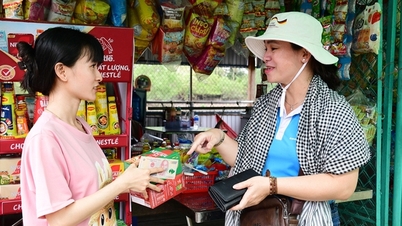








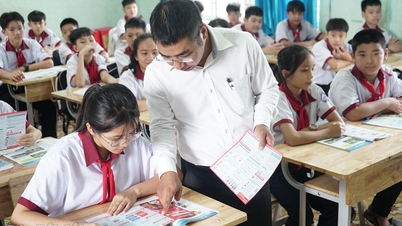









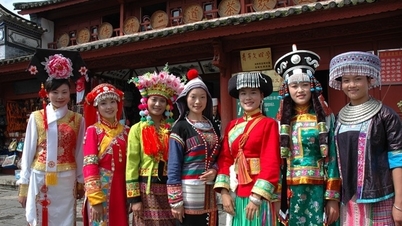

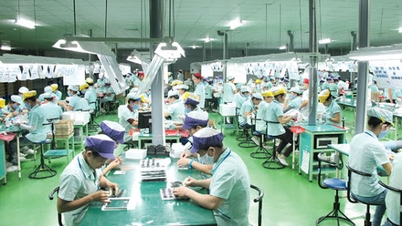
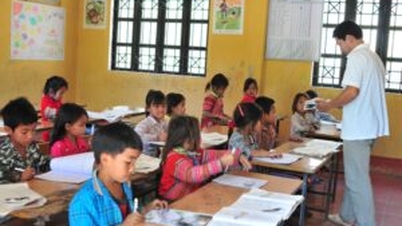

![[Photo] President Luong Cuong receives Prime Minister of the Kingdom of Thailand Paetongtarn Shinawatra](https://vphoto.vietnam.vn/thumb/1200x675/vietnam/resource/IMAGE/2025/5/16/52c73b27198a4e12bd6a903d1c218846)




























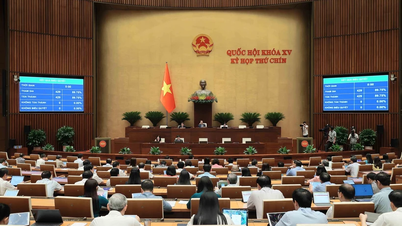














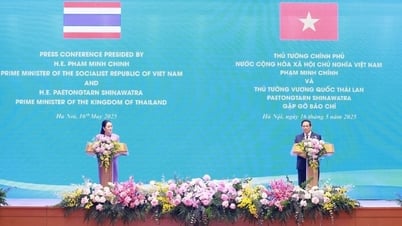
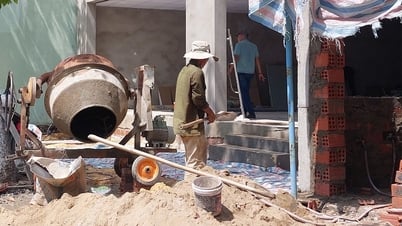

















Comment (0)